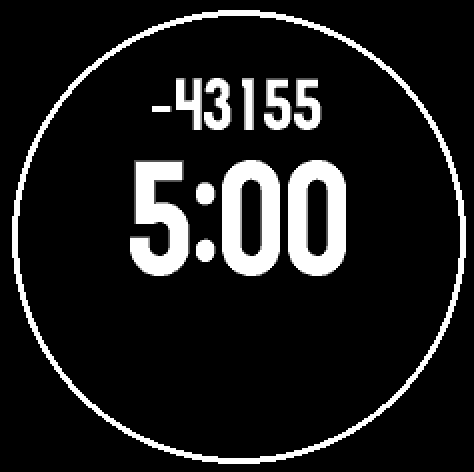There are situations I've discovered where a Garmin device's Activity Elapsed Time is wrong. Seems to be a weird bug under some corner cases that involve hitting the lap button when stopped, or putting the activity to sleep then resuming it.
The more consistently accurate way to get an activity's elapsed time is to grab the difference between the current time and the start time.
TWO ISSUES with this:
1. activity spans the standard -vs- daylight savings time shift. I'm guessing the start time remains fixed, and the current time can shift +/- an hour.
2. activity crossing a timezone. Again, guessing the start time stays fixed in the starting TZ, and the current time shifts +/- an hour.
There is a timezoneoffset() function returned in seconds. anyone know if this function adjusts continuously across a particular timezone - shifting a few seconds every mile traveled east or west? or just at the TZ boundaries?
I think I'll just go with the system elapsed time and not try to code a complex work-around for a bug.


